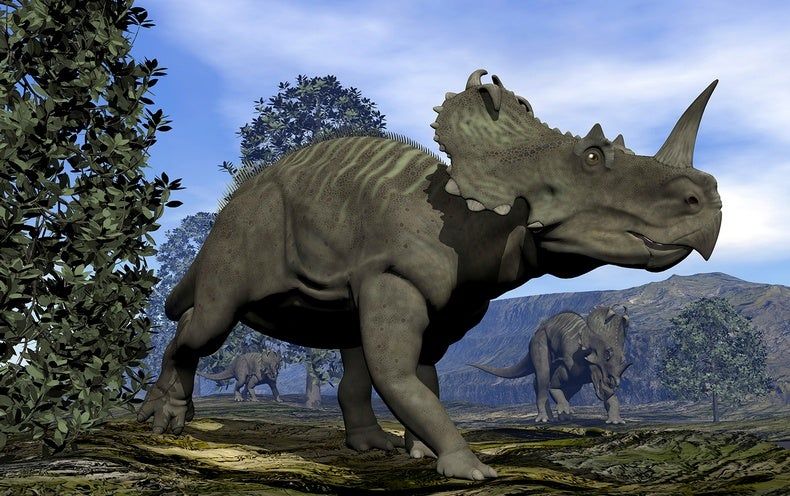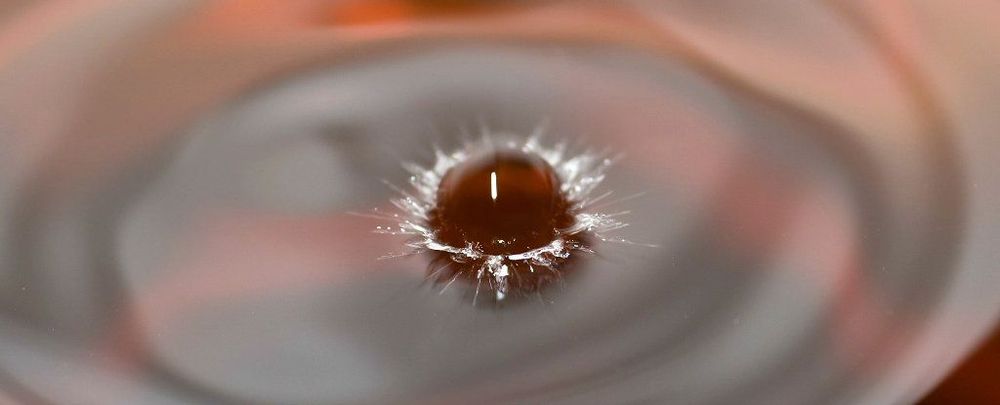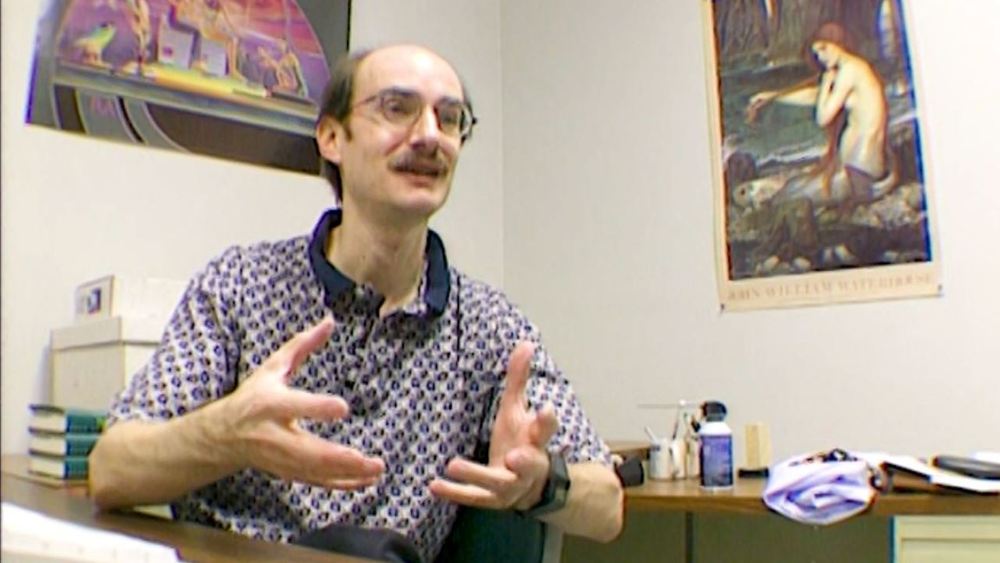This is a disturbing article on the utilization of drones by Turkey in attacks in Syria. What is unclear to me is whether the drones were piloted or whether they were autonomous. This is a critical distinction for me because drones that are piloted by humans are under human control and are legal. Autonomous drones are killer robots and are immoral.
“Regardless of an exact death toll and damage evaluation, there is a general understanding that the Idlib attacks were an example of effective air warfare, in which killer drones, rather than piloted jets, played a key role. “My understanding is that Turkey compensated for its inability to fly jets over Idlib by using drones, lots of drones,” says Aron Lund, a fellow with U.S.-based think tank The Century Foundation.”
Ban Killer Robots!
Those who want to win do not prepare for wars of today — they prepare for wars that are to be fought tomorrow.
As it appears, this golden rule of military art is carefully adhered to in the power corridors of Turkey, which is now playing its own complicated game in the multisided war in Syria.
The recent developments in Idlib, the last rebel-held enclave in Syria’s northeast, showed that the Turkish military is hightailing rapidly towards the future, with its massive use of unmanned aerial vehicles.






